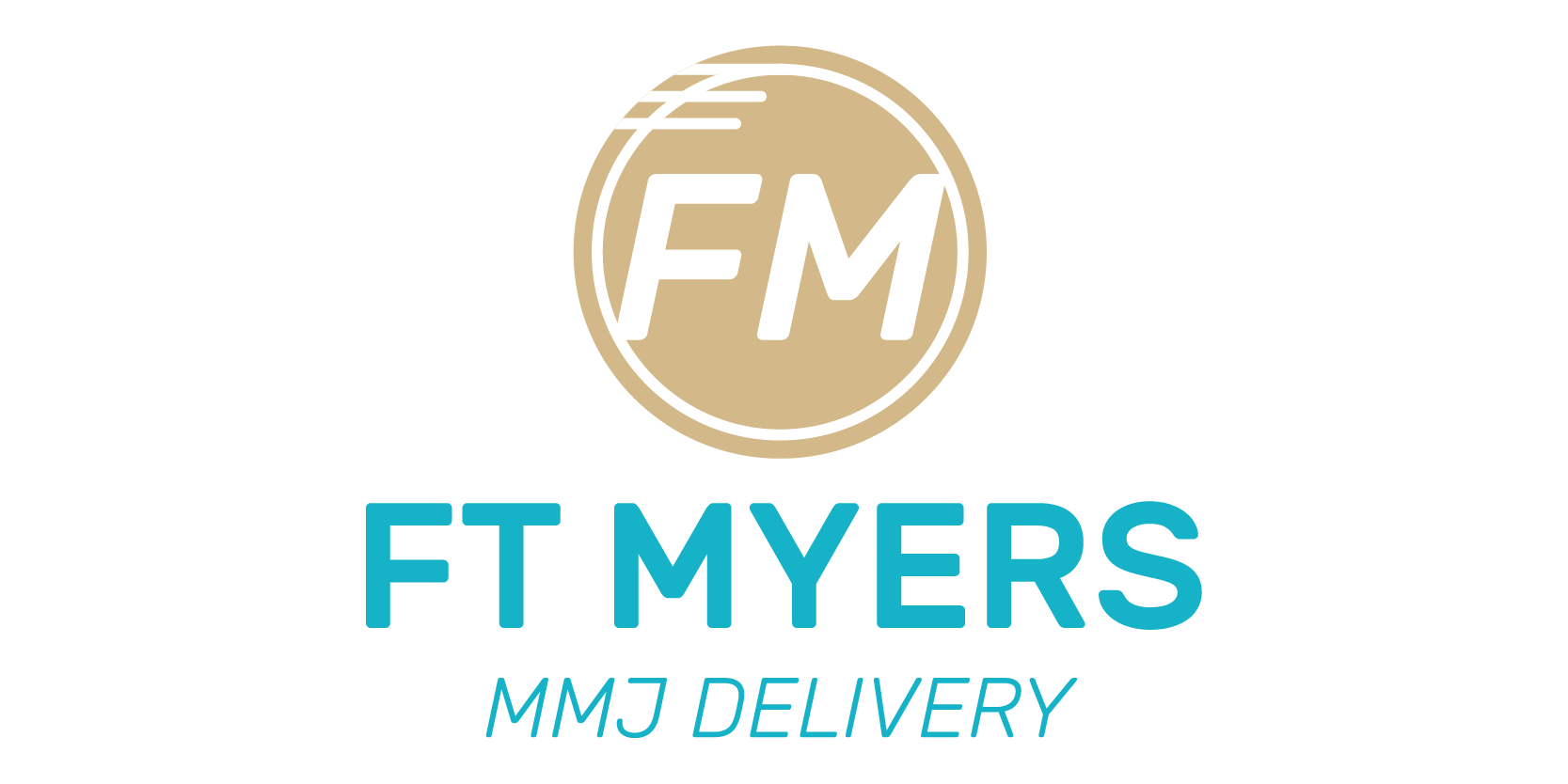Florida Cannabis Delivery Laws Explained
Florida has a well-regulated medical cannabis program that allows qualified patients to receive cannabis products through licensed dispensaries, including home delivery. For new patients, understanding the legal framework surrounding cannabis delivery is essential to ensuring compliance and safe access to medication.
Becoming a Qualified Patient
To be eligible for medical cannabis in Florida, an individual must:
- Residency: Be a permanent or seasonal resident of Florida.
- Medical Evaluation: Receive a diagnosis for a qualifying medical condition from a state-certified physician. Qualifying conditions include cancer, epilepsy, glaucoma, HIV/AIDS, PTSD, ALS, Crohn’s disease, Parkinson’s disease, multiple sclerosis, and other comparable debilitating conditions.
- Registry Enrollment: Be entered into the Medical Marijuana Use Registry (MMUR) by the certifying physician.
- ID Card Application: Apply for and obtain a Medical Marijuana Use Registry Identification Card through the Florida Department of Health.
Legal Framework for Cannabis Delivery
Florida law permits licensed Medical Marijuana Treatment Centers (MMTCs) to deliver medical cannabis to qualified patients. Key legal stipulations include:
- Licensed Providers: Only state-licensed MMTCs are authorized to cultivate, process, and dispense medical cannabis, including delivery services.
- Delivery Scope: MMTCs may deliver cannabis products directly to the patient’s residence. Some dispensaries may offer delivery to alternative locations for patient convenience, but this varies by provider.
- Supply Limits: Dispensaries cannot dispense more than a 45-day supply of medical cannabis to a patient or their legal representative at one time.
- Delivery Hours: While dispensaries may operate during specific hours, deliveries can be made 24 hours a day, provided they comply with security and tracking requirements.
Steps for New Patients to Receive Delivery
- Consultation: Schedule an appointment with a qualified physician to discuss medical history and determine eligibility.
- Registry Entry: If eligible, the physician will enter the patient into the MMUR and issue a recommendation for medical cannabis.
- ID Card Application: Apply for the Medical Marijuana Use Registry Identification Card, including submitting necessary documentation and fees.
- Select an MMTC: Choose a licensed dispensary that offers delivery services. Verify delivery areas and any associated fees.
- Place an Order: Order cannabis products as per the physician’s recommendation. Ensure the delivery address matches the one on file, unless the dispensary allows for alternative arrangements.
- Receive Delivery: Upon delivery, present the Medical Marijuana Use Registry Identification Card and a valid photo ID to the delivery personnel.
Important Considerations
- No Home Cultivation: Florida law prohibits patients from growing their own cannabis. All medical cannabis must be obtained through licensed MMTCs.
- Recreational Use Prohibited: Recreational cannabis remains illegal in Florida. Only patients with a valid medical marijuana ID card can legally possess and use cannabis products.
- Caregiver Provisions: Minors or patients unable to procure cannabis themselves may designate a caregiver, who must also be registered and possess an identification card.
Conclusion
Florida’s medical cannabis delivery system is designed to provide safe and regulated access to patients in need. By adhering to the state’s legal requirements and working with licensed MMTCs, new patients can effectively manage their medical conditions with the convenience of home delivery.
